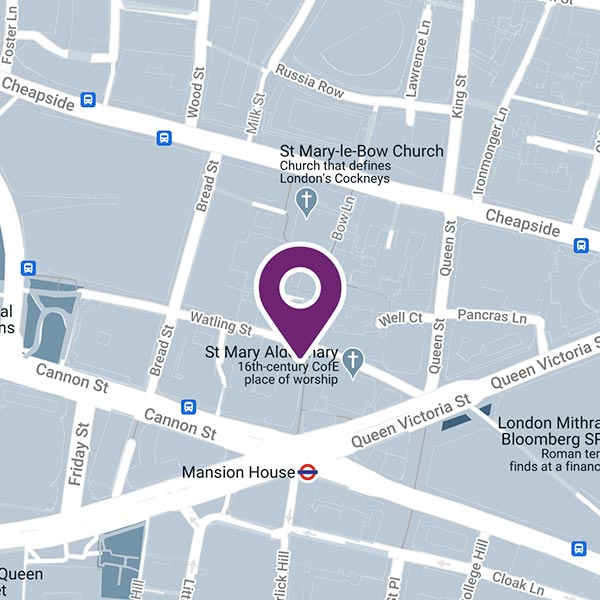Studies show that only about a third of players in developed insurance markets feel they have sufficiently competent staff to meet their needs. The following three factors are widely seen as the biggest contributors to today’s skill gaps in the insurance industry:
- The retirement of a large portion of the workforce. According to the U.S. Bureau of Labor Statistics, nearly 500,000 insurance employees will retire soon, creating a demand for new talent.
- The emergence of new risks and technologies, such as climate change, cyberattacks, digital and analytics tools, and artificial intelligence, that require new technical skills and capabilities.
- The changing expectations and preferences of customers, who demand more personalized, convenient, and seamless experiences across digital channels.
It’s not just the insurance industry that has skill gaps. A report by McKinsey & Company estimates that up to 375 million people may need to transition to different occupations and learn new skills by 2030. In January 2021, another McKinsey study found that 87% of companies already face skills gaps in their workforce.
In the insurance industry, however, the challenge also offers an opportunity for growth and innovation. Many insurance companies are looking for talented and motivated staff who can bring fresh perspectives and insights to the industry’s unique problems. This means that there is a potential for attracting and educating a new generation of insurance professionals who can help shape the future of the industry.
How to Address the Insurance Skills Gap
Insurance companies must address the growing skills gap to remain competitive and continue to thrive. Below are five essential tips from industry experts to help insurance companies bridge the divide:
1) Assess your current workforce's skills
The first step in addressing skill gaps is identifying your current workforce's skills and how they match up to the skills needed in the insurance industry today. Assessing employee skills can involve anything from simple self-assessments to comprehensive performance reviews. Once you have a more complete picture of your current workforce's skills, you can begin to plan what additional training or education might be necessary.
2) Determine which skills are essential for insurance industry employees
A range of skills are required for insurance industry employees, but some are more important than others. Analytical thinking, communication, and problem-solving skills are all critical for success, as is the ability to be flexible and adaptable. As an employer, you should assess which of these skills are most important for the roles your employees play and focus on developing them.
3) Create a training program
Once you've identified the skills your workforce needs, it's time to create a training program. Depending on the level of skill gaps, you may need to provide more rigorous training courses or even offer financial assistance for employees to pursue higher education or certifications. Supportive learning environments can ensure that employees feel empowered to take on new challenges and work towards closing any skill gaps in their knowledge.
4) Encourage ongoing learning
Learning should not stop once the initial training programs are completed. Encourage your employees to continue learning and growing in their field. This can be as simple as offering subscriptions to industry publications or organising lunch-and-learn sessions where employees can share their insights. Encourage discussion and collaboration, and allow employees to further develop their skills by working with cross-functional teams or participating in internal mentorship programs.
5) Invest in employee development
Investing in the development of your employees will not only ensure that they remain up-to-date with the latest skills but also help to retain talented individuals. Numerous studies show that a significant number of employees leave their jobs not because of a lack of pay but because they feel they are not learning or growing in the position. Dedicating resources to employee development can help to ensure that employees have the skills and knowledge necessary for success, as well as creating a culture of lifelong learning.












